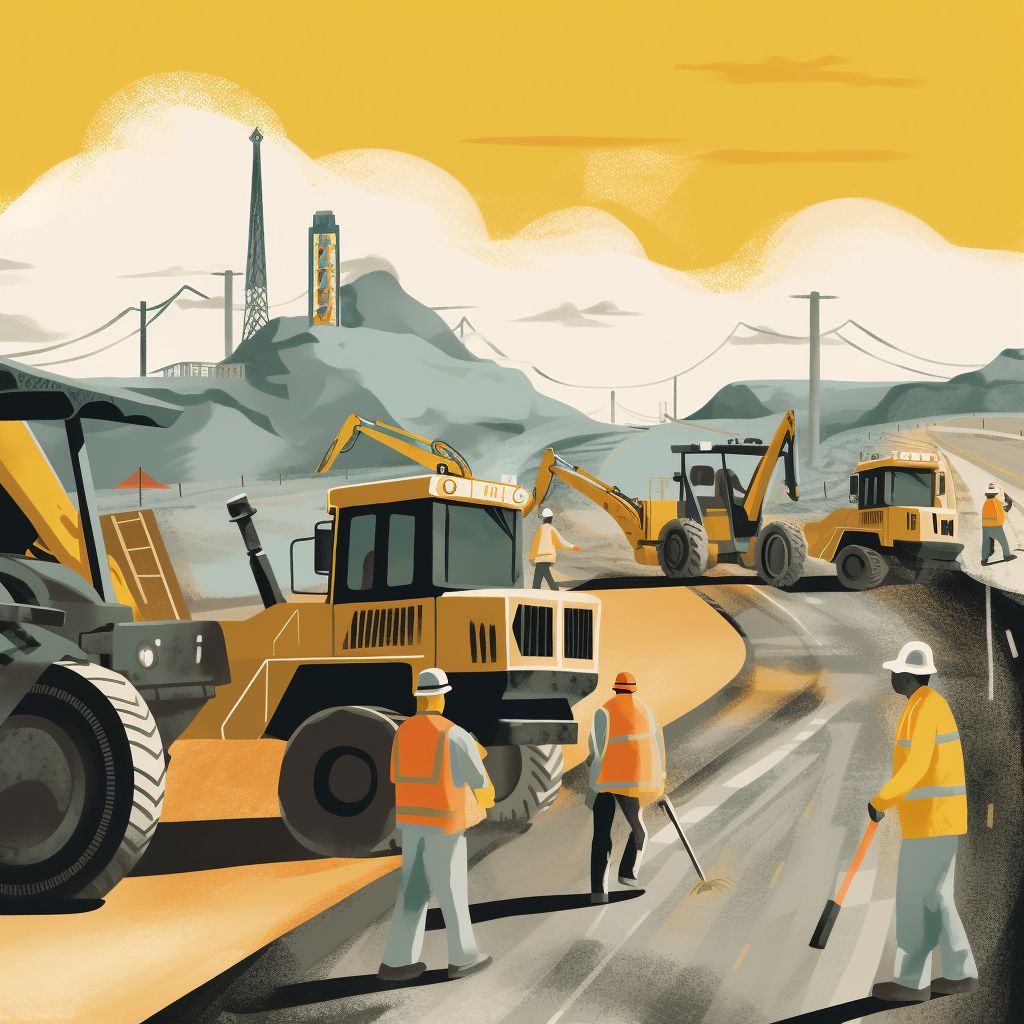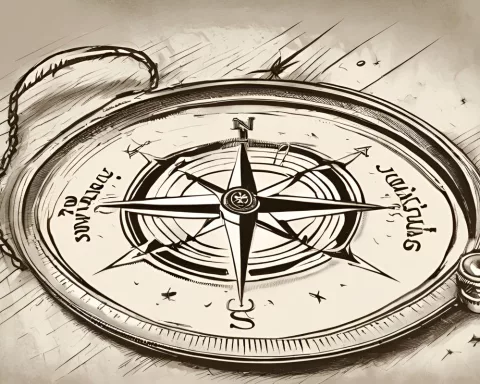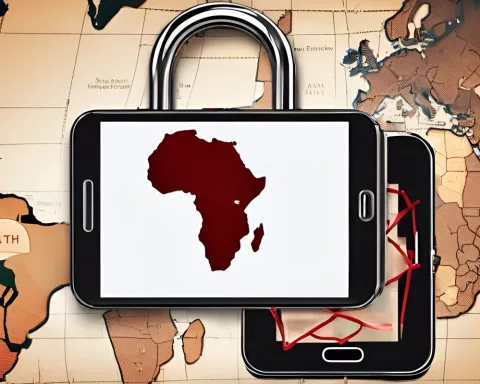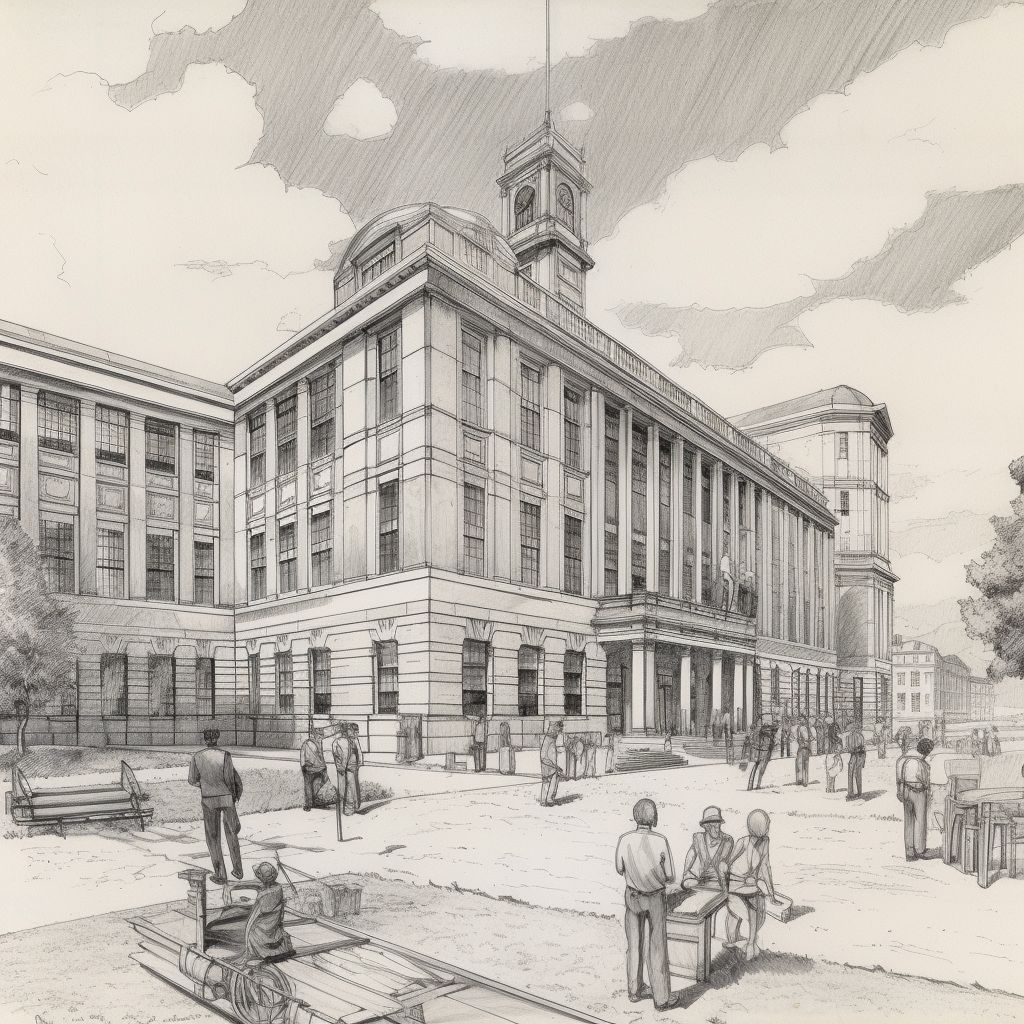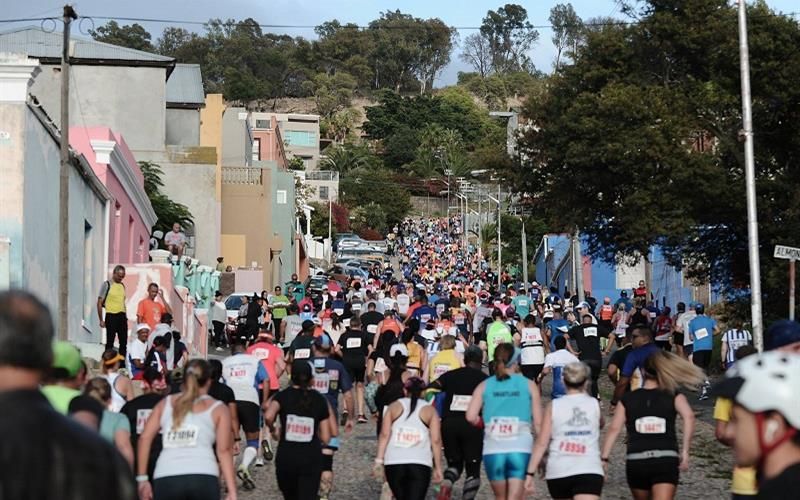The Department of Public Works and Infrastructure is responsible for managing and maintaining government-owned properties and infrastructure projects in South Africa. This includes building and maintaining government offices, hospitals, and schools, managing public transport systems, and constructing and maintaining roads and highways.
Importance of Adequate Funding
To ensure that the Department of Public Works and Infrastructure can deliver on its mandate, the government must provide adequate funding. The Budget Vote and pre-budget vote briefing provide a critical platform for the government to communicate its plans and priorities and secure the necessary public confidence to carry out its work.
What to Expect at the Briefing
At the briefing, stakeholders can expect to receive updates on the department’s budgetary allocations, strategic priorities, and key initiatives. This includes ongoing infrastructure projects, plans for new projects, and measures to address any challenges or issues that may arise.
Opportunities for Stakeholder Engagement
The Budget Vote and pre-budget vote briefing also provide an opportunity for stakeholders to engage with government officials and raise any concerns or questions they may have. This engagement is essential for ensuring that the government is accountable to its citizens and meeting their needs and priorities.
Utilizing Social Media and the Department’s Website
The public can stay informed about the department’s work and engagement opportunities through various social media channels and the department’s website. These platforms offer an opportunity for the public to engage with the department on critical issues and initiatives and stay abreast of any updates or developments.
In conclusion, the Budget Vote and pre-budget vote briefing by the Ministry of Department of Public Works and Infrastructure are critical events that provide valuable insights into the department’s financial plans and key objectives. It is an opportunity for the government to communicate its plans and priorities and engage with stakeholders to ensure that it is meeting the needs of its citizens. The public and media are encouraged to attend and stay informed on the department’s efforts to tackle infrastructure challenges and create a prosperous South Africa for all its residents.

